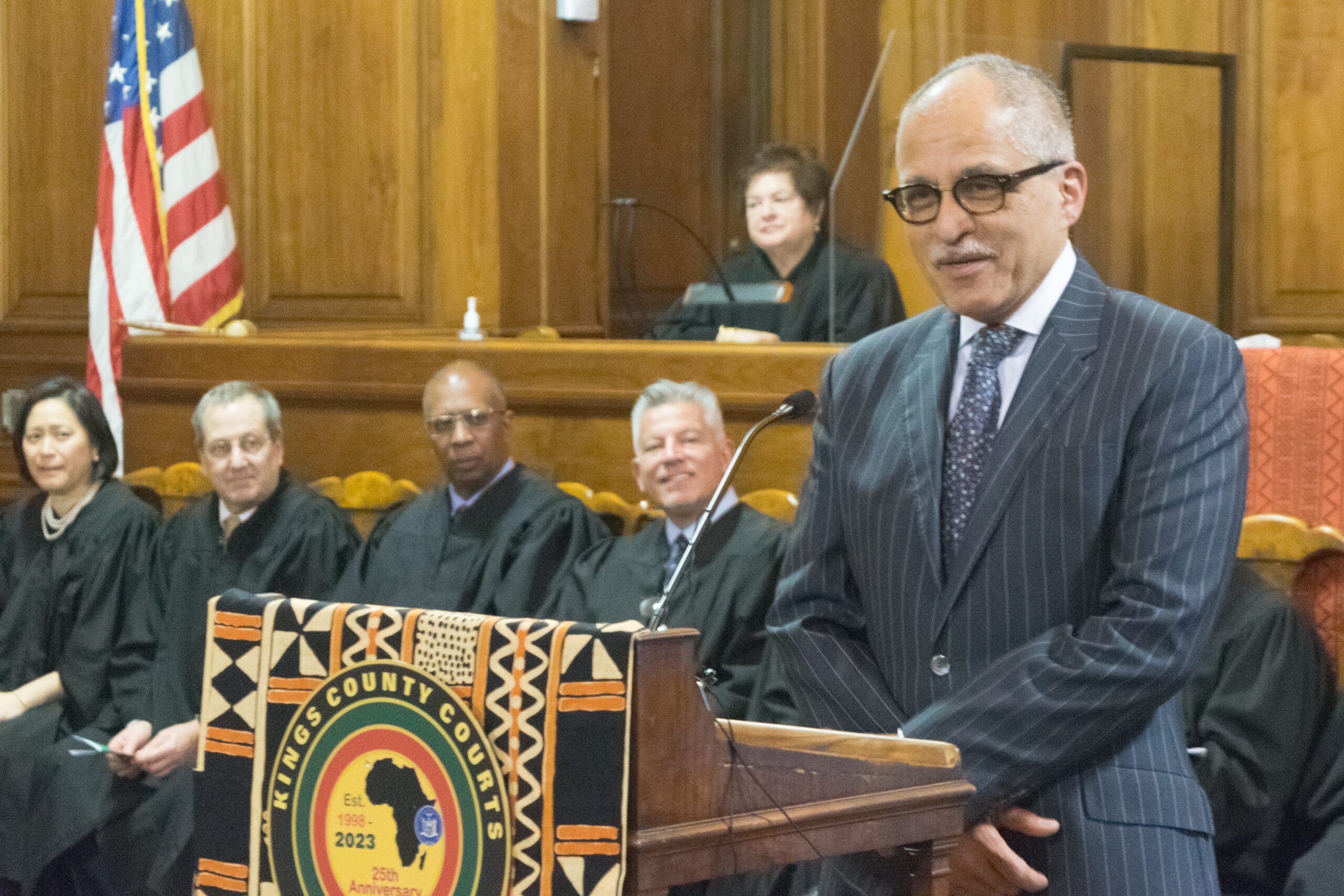Juneteenth Symposium to illuminate the legacy of Reconstruction Amendments

The Franklin H. Williams Judicial Commission will host its annual Juneteenth Symposium on June 13, in observance of the Juneteenth holiday. This year’s theme is “The Reconstruction Amendments – The Road to Freedom and Civil Rights”. The symposium will take place at the New York State Judicial Institute from 10:00 a.m. to 3:00 p.m. and will also be live-streamed.
The keynote address will be delivered by Hon. Rowan D. Wilson, Chief Judge of the New York State Courts and Hon. Shira A. Scheindlin, retired Federal Judge of the U.S. District Court for the Southern District of New York. They will explore the historical impact of the Thirteenth, Fourteenth, and Fourth Amendments respectively.
“The Reconstruction Amendments codified the aspirational goal of conferring rights that were previously denied to enslaved people,” said Hon. Shirley Troutman, judge of the Court of Appeals, who is helping to organize the event. “However, as citizens of this great nation we must all remain vigilant to ensure that we fulfill the promises contained in the 13th, 14th and 15th amendments. In no other way can we as a nation live up to the creed that we were founded upon, which is to persistently work to form a more perfect union.”